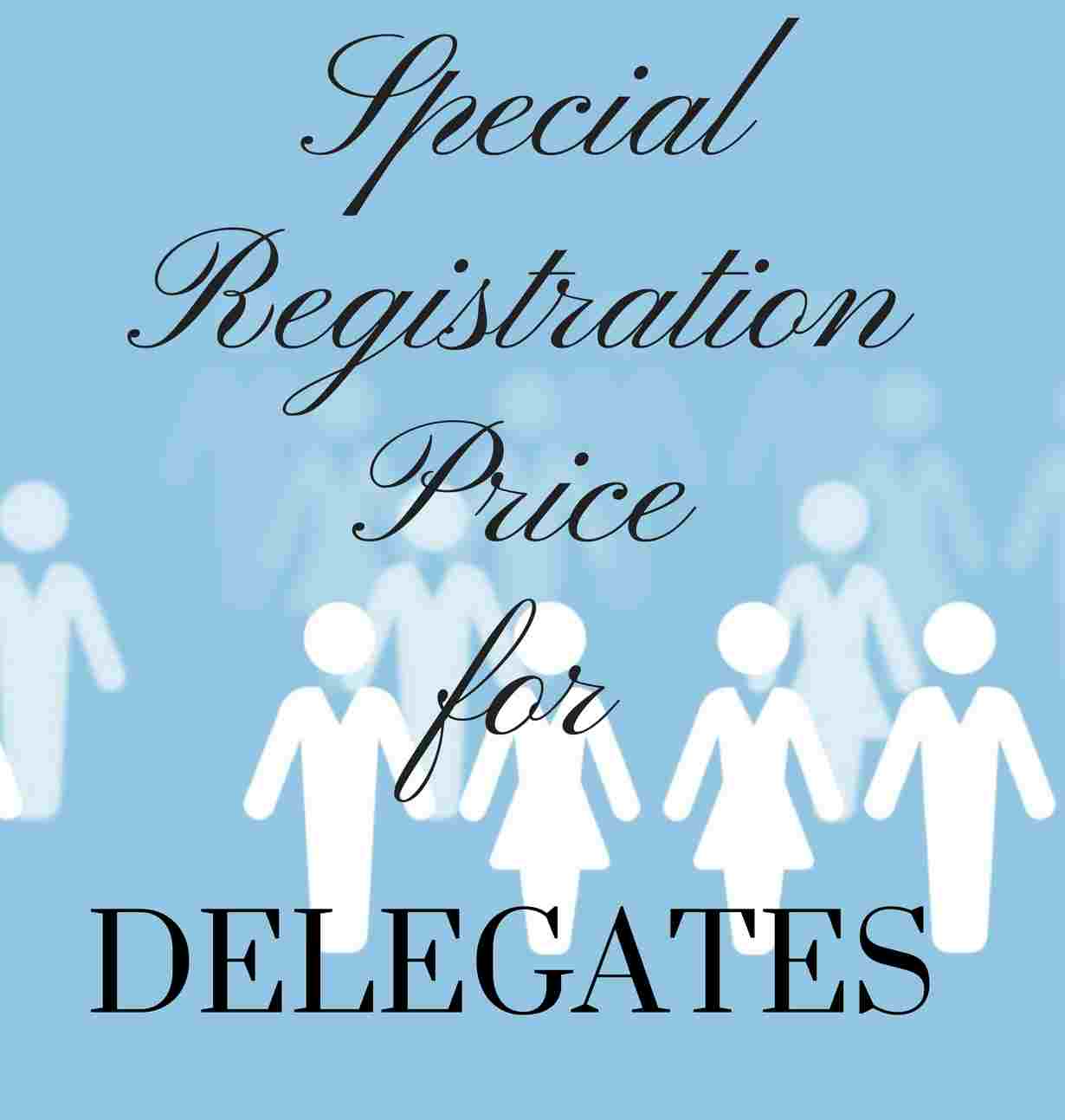
Pedro Cabral Barata
University of Coimbra, Portugal
Title: Substance Dependence: where do we place volition?
Biography
Biography: Pedro Cabral Barata
Abstract
Substance dependence is a chronically relapsing disorder characterized by compulsion to seek and take the drug, loss of control in limiting intake and emergence of a negative emotional state (e.g. dysphoria, anxiety, irritability) when access to the drug is prevented1,2. The occasional but limited use of a drug with the potential for abuse or dependence is distinct from escalated drug use and the emergence of a chronic drug-dependent state1-3. There continues to be a debate on whether addiction is best understood as a brain disease or a moral condition. This dispute, which may influence the access to treatment, as well as the stigma attached to addiction, is often motivated by the question of whether and to what extent we can fairly hold addicted individuals responsible for their actions4,5. Besides, the diagnosis of addiction is very coloured by the negative moral and social values entailed with the illness. It is difficult to perceive that addicts have a disease; acts of will or volition are usually not accepted as diseases, because volition is an act of choice or free will. However, it has been argued that, if there is a common etiology for addiction, it should be one that is basic and fundamental to the healthy functioning of a human being – a disorder of volition6. While the issue of whether addiction is a disease has a medical and philosophical importance, it is of vital significance for the addict who still suffers from the disease of addiction. Recognizing that addiction is a disease should encourage research into treatments that are effective and that address the addict’s significant brain dysfunction, allowing the addict to receive the treatment that is required from the medical community6. It is, therefore, fundamental to reflect about the relationship between addiction and free will, publishing substantiated scientific information regarding the dichotomy addiction-volition that might help deconstructing prejudiced barriers to the treatment and social reintegration of addicted individuals.

